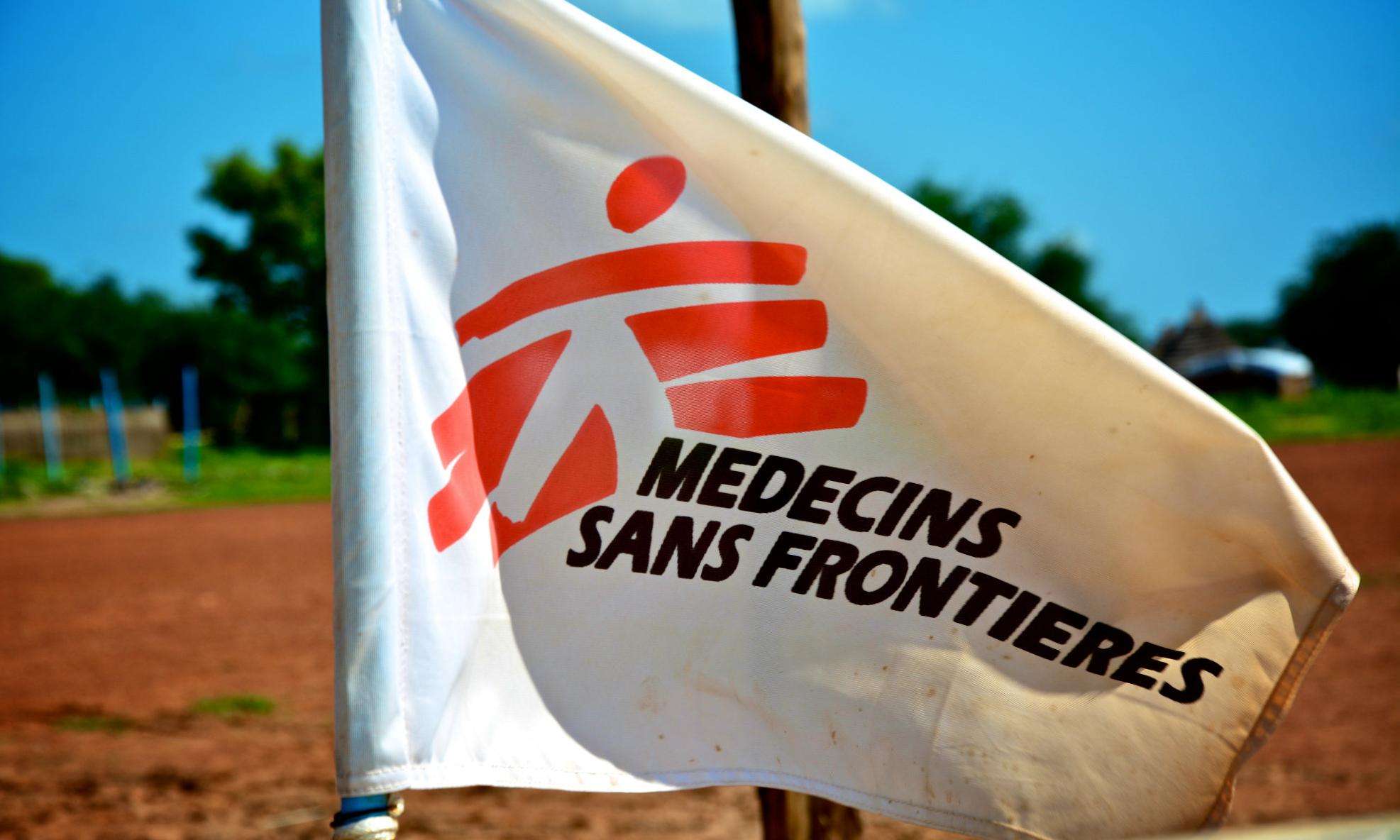New MSF analysis shows greater investment required to make TB history
New York/Paris/Geneva, October 30, 2006 — Relying on the standard World Health Organization (WHO) TB strategies in the face of extensively drug resistant tuberculosis (XDR TB) will be fatal, the international medical humanitarian organization Doctors Without Borders/Médecins Sans Frontières (MSF) warned today. To respond to the XDR-TB outbreak, WHO will need to get newer drugs to patients as soon as possible by ensuring accelerated development of new drugs already in clinical trials. Existing TB drugs and diagnostics are not adequate to combat the disease, and a new analysis being released by MSF as the 37th Union World Conference on Lung Health begins this week in Paris shows that none of the TB drugs currently in development, however promising, will be able to drastically improve TB treatment in the near future. WHO must take the lead in ensuring there is major reprioritisation and increased funding of TB research.
With 450,000 new cases of drug resistant TB globally each year, resistance to drugs is a problem that is growing at a rapid pace. People with XDR-TB are resistant to both of the first-line antibiotics used to treat TB as well as to two classes of second-line drugs, making treatment with existing drugs virtually impossible. XDR-TB is particularly alarming in the context of HIV, as people who are co-infected with HIV/AIDS could die before test results can confirm their drug resistance. Using standard drugs to treat XDR-TB without knowing whether there is drug resistance could effectively condemn a patient to death. MSF doctors have been struggling to treat TB with the tools available today, a matter which is exacerbated by the HIV pandemic.
"Business as usual would be a disaster when it comes to treating XDR-TB," said Dr. Françoise Louis, MSF TB and HIV/AIDS advisor. "XDR-TB has the potential to be devastating in places where HIV/AIDS is widespread. But trying to treat XDR-TB with the tools we have today would be like trying to put out a forest fire with a garden hose."
To respond to the XDR-TB outbreak, WHO will need to get newer drugs to patients as soon as possible by working with regulatory agencies and pharmaceutical companies to ensure fast-track clinical development and availability of new drugs for "compassionate use." The organization will also need to push to accelerate the development of more easy-to-use tests. This will require WHO to take a lead and not simply delegate responsibility to product development partnerships.
The emergence of XDR-TB is a reflection of how the WHO approach to TB has failed, particularly by neglecting research and development into urgently needed new drugs and diagnostics that could help reduce the nearly two million TB deaths each year. The drugs in today's standard TB treatment were developed in the 1950s and 1960s and the most commonly used TB test was developed over a century ago and manages to detect TB in only about half of the cases. In addition, existing TB drugs and tests are even less adapted for use in people who also have HIV/AIDS.
"The XDR-TB outbreaks in southern Africa should sound the alarm for what's going on with TB on a larger scale," said Dr. Tido von Schoen-Angerer, director of MSF's Campaign for Access to Essential Medicines. "We're still simply not seeing the necessary urgency and major investment into research and development that is needed to make sure the basic science of TB gets translated into newer drugs that can shorten and improve treatment, and diagnostic tests that can be used in resource-poor settings."
MSF treats 17,000 patients with TB in over 94 projects in 44 countries and is seeing an increasing number of cases of multi-drug resistant TB (MDR-TB). Some patients in MSF projects diagnosed with MDR-TB in the former Soviet Union have XDR-TB.




